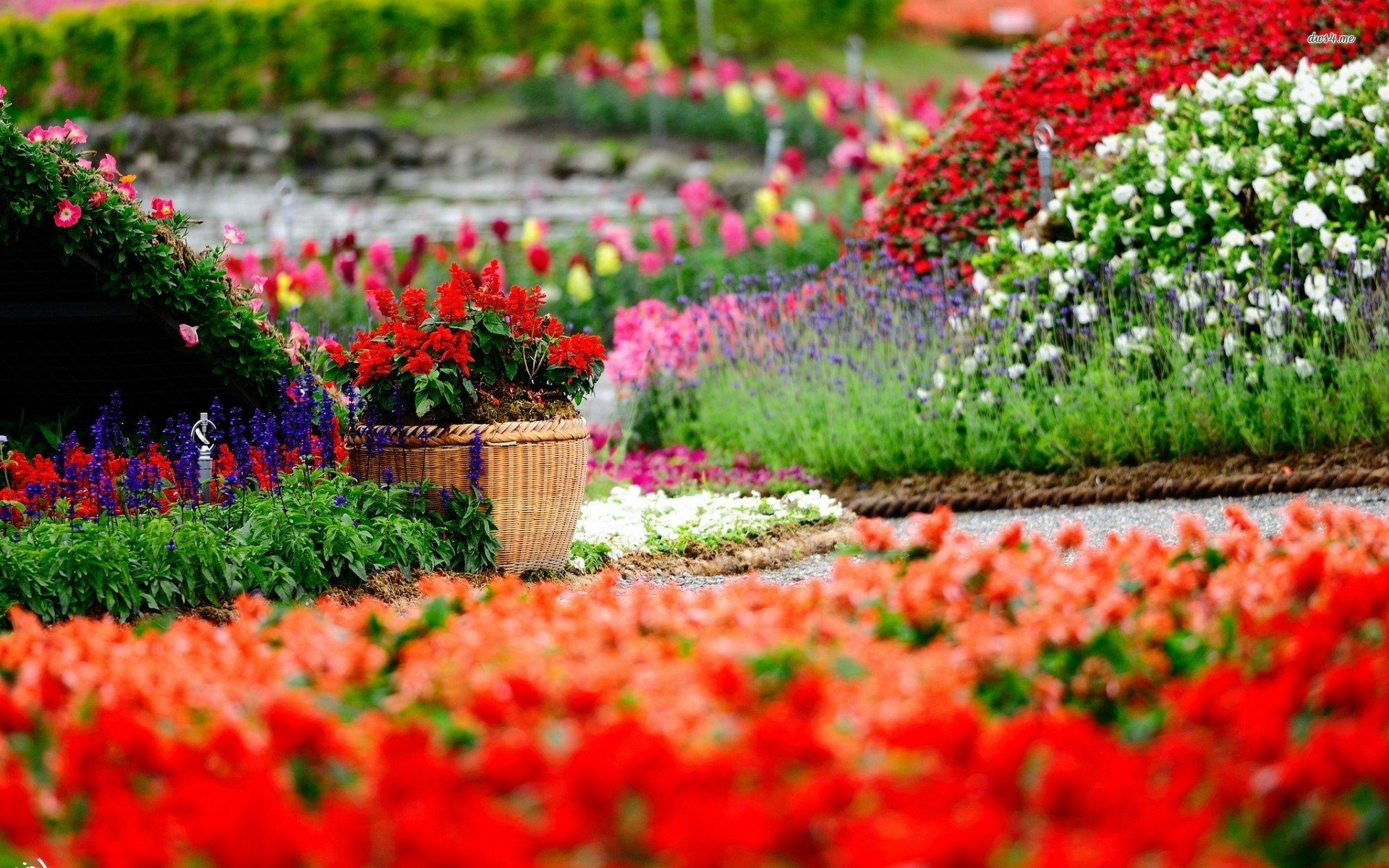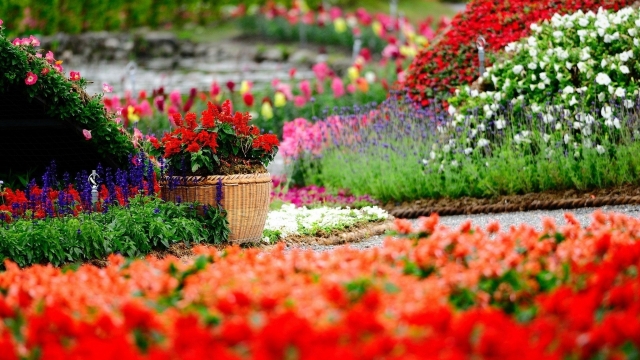
In the world of gardening, there is a growing movement towards embracing the beauty of nature in its purest form. Organic gardening, as it is commonly known, has gained popularity among enthusiasts and beginners alike. This practice focuses on nurturing plants and cultivating gardens using natural methods, without the use of synthetic chemicals or pesticides. By working with the natural environment and harnessing its innate potential, organic gardening allows us to truly connect with the land and all its bountiful offerings.
One company that has embraced this philosophy is ‘Kellogg Garden’ Products, a family-owned and operated business whose roots run deep, spanning four generations. With a rich history in the gardening industry, they have dedicated themselves to providing gardeners with high-quality organic products that promote healthy plant growth and sustainability. From nutrient-rich soils to organic fertilizers, their range of offerings is designed to enhance the natural processes of the garden and provide a solid foundation for success.
In this article, we will delve into the secrets of organic gardening, exploring the methods and practices that enable us to bloom in harmony with nature. We will uncover the benefits of ditching synthetic chemicals and opting for organic alternatives, discovering how this choice can lead to not only a healthier garden but also a healthier planet. So, grab your gardening gloves and let’s embark on a journey of discovery, as we unlock the secrets of organic gardening and nurture our green spaces with love, care, and the power of nature itself.
History of Kellogg Garden Products
Kellogg Garden Products has always been deeply rooted in the tradition of organic gardening. As a family-owned and operated company, our commitment to providing high-quality organic gardening products runs through four generations. It all started many years ago when our ancestors recognized the importance of working harmoniously with nature to cultivate healthy and sustainable gardens.
With a strong belief in the power of organic methods, our family began by developing their own rich compost blends using natural ingredients. They carefully studied the properties of various organic materials, experimenting with different combinations to create nutrient-rich soil amendments. These early efforts laid the foundation for what would eventually become our renowned line of Kellogg Garden Products.
Over the years, Kellogg Garden Products has expanded and modernized its operations while staying true to its organic principles. Today, our company is recognized as a leading provider of organic soil amendments, fertilizers, and potting mixes. Our products are trusted by gardeners across the country who share our passion for sustainable and eco-friendly gardening practices.
As we move forward, our commitment to quality and sustainability remains unwavering. We continue to explore innovative ways to enhance our products, always staying true to the organic gardening methods that have been at the core of our family’s values for generations. With each bag of Kellogg Garden Products, we aim to empower gardeners to unlock the secrets of organic gardening and cultivate bountiful, vibrant gardens that thrive in harmony with nature.
Principles and Practices of Organic Gardening
Building Healthy Soil
Key to successful organic gardening is cultivating and nourishing healthy soil. By focusing on enriching the soil, organic gardeners ensure that their plants receive the essential nutrients they need to thrive. Unlike conventional gardening methods, organic gardeners avoid the use of synthetic fertilizers and pesticides, instead opting for natural alternatives like compost and organic matter. These materials help to improve soil structure, promote beneficial microbial activity, and retain moisture—all vital factors for creating a balanced and vibrant garden ecosystem.
Maintaining Biodiversity
Organic gardeners understand the importance of maintaining biodiversity within their gardens. By promoting a diverse range of plant species, insects, and wildlife, they create a harmonious environment where nature can establish its own checks and balances. Encouraging beneficial insects, such as ladybugs and bees, not only helps with pollination but also acts as a natural pest control method. Additionally, planting a variety of flowers and herbs attracts beneficial insects while deterring harmful pests, creating a self-sustaining ecosystem within the garden.
Conservation and Sustainability
A core principle of organic gardening is the focus on conservation and sustainability. Organic gardeners strive to minimize their impact on the environment by reducing water usage, energy consumption, and waste generation. They employ techniques such as water-wise irrigation methods, rainwater harvesting, and companion planting to optimize resource utilization. By adopting these practices, organic gardeners create gardens that are not only beautiful and abundant but also contribute to the overall health and well-being of the planet, reimagining our relationship with nature in a more sustainable way.
Benefits of Organic Gardening
Organic gardening provides numerous benefits for both the environment and our health. By avoiding the use of synthetic fertilizers and pesticides, this gardening method helps to maintain the natural balance of ecosystems and protect biodiversity.
One of the key advantages of organic gardening is the reduction of chemical residues in our vegetables and fruits. By using organic practices, we can avoid consuming harmful chemicals that can have detrimental effects on our health. Organic produce is not only safer for our bodies, but it also tends to be more nutritious, as it is grown in nutrient-rich soil.
Another benefit of organic gardening is the positive impact it has on water quality. Unlike conventional gardening methods that rely heavily on chemical inputs, organic gardening promotes the use of natural fertilizers, such as compost and manure. These substances improve soil structure and water retention, preventing soil erosion and reducing water pollution caused by runoff.
Moreover, organic gardening encourages a sustainable and self-sufficient approach to food production. By incorporating techniques like composting and companion planting, organic gardeners can create a self-sustaining ecosystem that requires less external inputs. This not only reduces dependence on synthetic products but also promotes the efficient use of resources.
In summary, organic gardening offers a range of benefits including improved food safety, enhanced nutrient content, protection of water quality, and sustainable food production. By harnessing the power of nature, we can create beautiful and bountiful gardens while treading gently on the planet.
